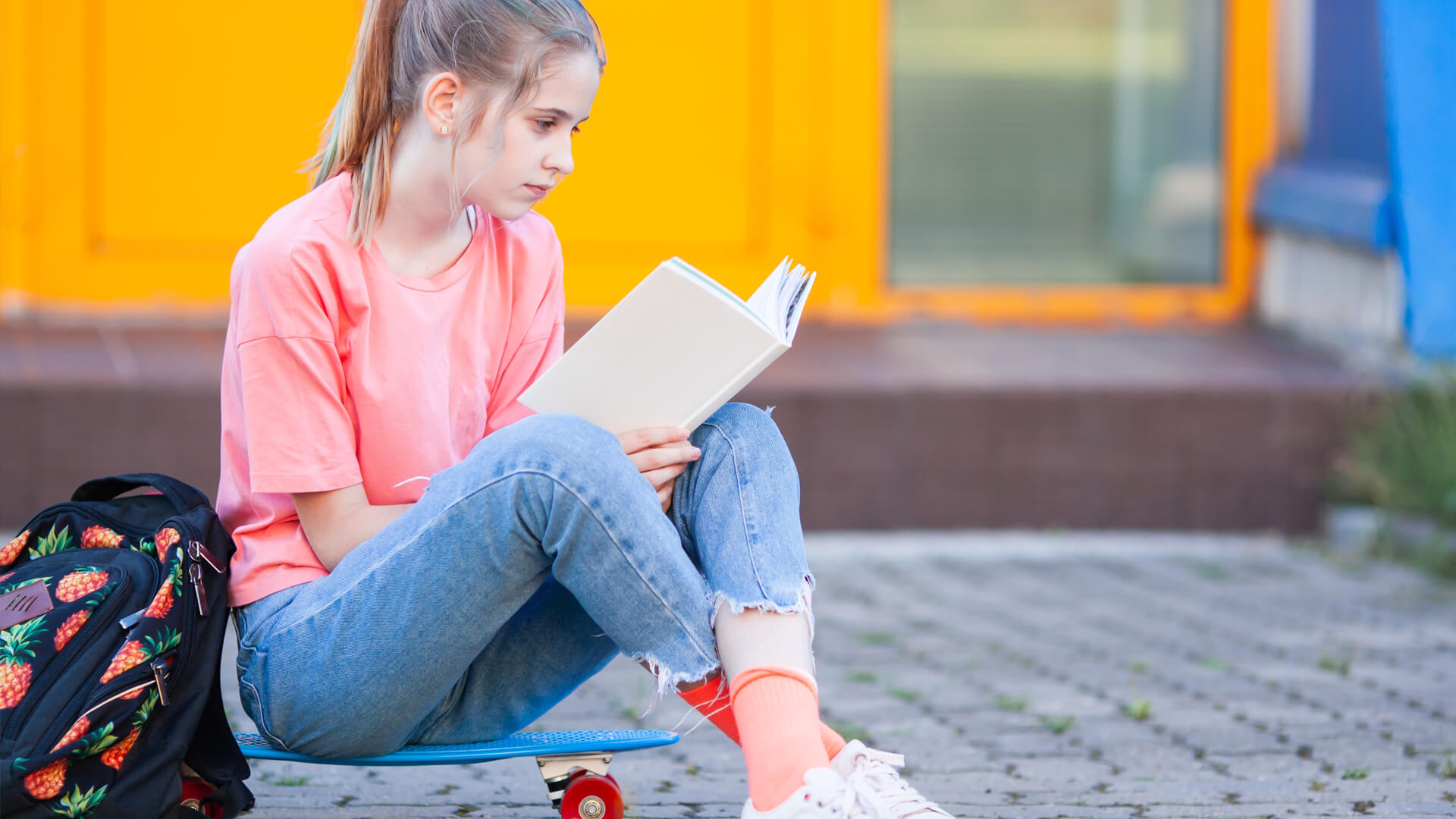Reading declines for children for first time after pandemic, report says
The annual "What Kids Are Reading Report" has shown a drop of 4.4% in the number of books being read by children with “reading decline particularly acute in secondary schools”.
For the last 16 years, the report has tracked the book-reading habits of the nation’s pupils, and this is the first time, outside of the first year of the pandemic, there has been a decline in the number of books read since research began in 2008.
Around 1.2 million pupils between years one and 11 across the UK and Ireland participated in the study run by edtech provider, Renaissance.
Overall 26,114,262 books were read by 1,273,795 pupils in the 2022-2023 academic year compared to 27,265,657 by 1,282,647 pupils in the previous academic year, representing a decline of 4.4%.
The downturn in book reading echoes similar findings in declining reading attainment shown in longitudinal research on post-pandemic learning recovery from Renaissance and the Educational Policy Institute (EPI).
Additional research from Renaissance and GL Assessment shows teachers believe a third (33%) of their pupils are weak readers and that children are struggling to keep up with the curriculum due to their reading ability. A quarter (26%) of pupils are taken out of class for reading support with, on average, half a day of curriculum time per week given to helping students read.
Renaissance said: “Reading decline is particularly acute in secondary schools. The report finds that primary school pupils read harder books as they get older, but during secondary school there is a downturn, particularly from year nine, with many secondary students reading books at a similar difficulty level to those of upper primary pupils.
“Pupils read progressively more challenging books until year six, which then plateaus until Year 9 before a sharp drop in the difficulty of books being read by older secondary students. Pupils in primary schools also consistently showed a higher quality of comprehension when reading.”
The company added: “However, the research also confirms the link between more reading time in school with higher reading attainment. When considering Engaged Reading Time (ERT) and Cumulative Number of Words Read, we see further evidence of the impact of the time spent reading – the more time is allocated to reading, the greater the number of words read, with the biggest gains occurring when ERT exceeds 30 minutes per day.”
Also included in the report are findings from a survey of 71,351 pupils by the National Literacy Trust (NLT) showing a 26% decrease in the number of children reading daily in their free time since 2005. This follows research from last year from the NLT which found children’s reading enjoyment at its lowest level in almost two decades.
Renaissance said: “The NLT data shows pupils’ enjoyment of reading in their free time at the lowest level since 2005 and is lowest among those receiving free school meals (39.5%) compared to those who don’t (43.8%).
“The What Kids Are Reading report reveals trends and pupils’ attitudes towards popular authors and books. Alongside popular fantasy and light-hearted fiction, this year’s new entrants to the list of children’s favourite/most read authors/books showed a trend in children turning to books to find more representative and aspirational role models.”
Some of the most popular new titles mentioned in the data included Marcus Rashford’s Breakfast Club Adventures series, Maria Isabel Sanchez Vegara’s Little People, Big Dreams series, and Bryan Patrick Avery’s Black Men in Science.
The "What Kids Are Reading Report" was written using Renaissance data analysed by professor Keith Topping from the University of Dundee. He said: “There are a number of possible reasons for the decline, but the high number of pupils persistently absent from school post-Covid-19 is likely to be the biggest factor. This is especially true in secondary school as these pupils are more likely to be weaker readers.
“The key takeaway from this report is that more reading practice at an appropriate level of difficulty improves pupils’ reading performance, with more reading time in school leading to higher reading attainment. This has a knock-on impact on academic performance across the board.
“Focusing on comprehension and finding books they genuinely love will benefit pupils within and beyond the classroom.”
Crispin Chatterton, director of Education at Renaissance, believes that despite the dip in reading level “there is still much to celebrate in terms and depth and breadth of the books being read" and that the most read titles in the report is helpful information for teachers.
He added: "When reading for pleasure, pupils are more likely to pay close attention to the content and it encourages a love of reading which stretches beyond their school years.
“It’s great to see children turning to books to find more representative and aspirational role models in this year’s report. We hope this means all children can see themselves reflected in the literature they consume, and that reading can support the development of a more inclusive and understanding society.”
Access the ‘What Kids Are Reading’ 2024 report here whatkidsarereading.co.uk.


















